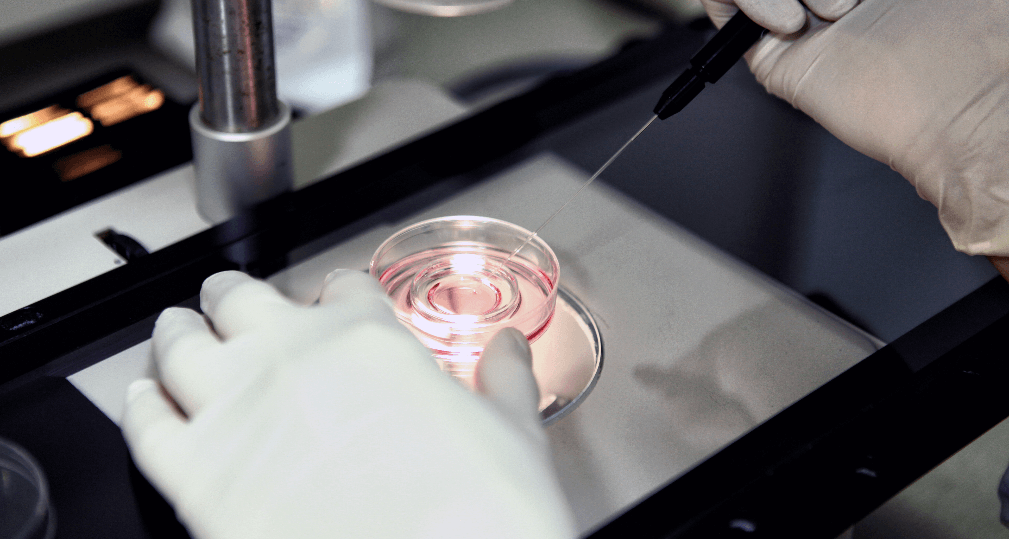Intrauterine insemination (IUI) is a fertility treatment that involves placing treated sperm inside a woman's uterus to facilitate fertilization

Intrauterine insemination (IUI) is a method of treatment of infertility, which means the following: insertion of spouse’s or donor’s treated sperm through a sterile catheter into a woman’s uterus on a certain day of the menstrual cycle. Following this procedure in the female body, namely, in the fallopian tube, the egg should be fertilized by spermatozoids inserted into the uterine cavity. Therefore, the most common cause of this intervention is the moderate decrease of quantitative and qualitative parameters of spermatozoa, female infertility caused by cervical factors, or infertility of unknown origins. IUI can be made in a natural cycle (without stimulation), as well during moderate stimulation of ovaries with anti-estrogens or gonadotropins (medications promoting follicular growth).
Success index of IUI depends on several factors, namely:
The success index in women under 40 is around 10-15%, in women of 41 it is 5%, and in women of 42 it is below 5%.